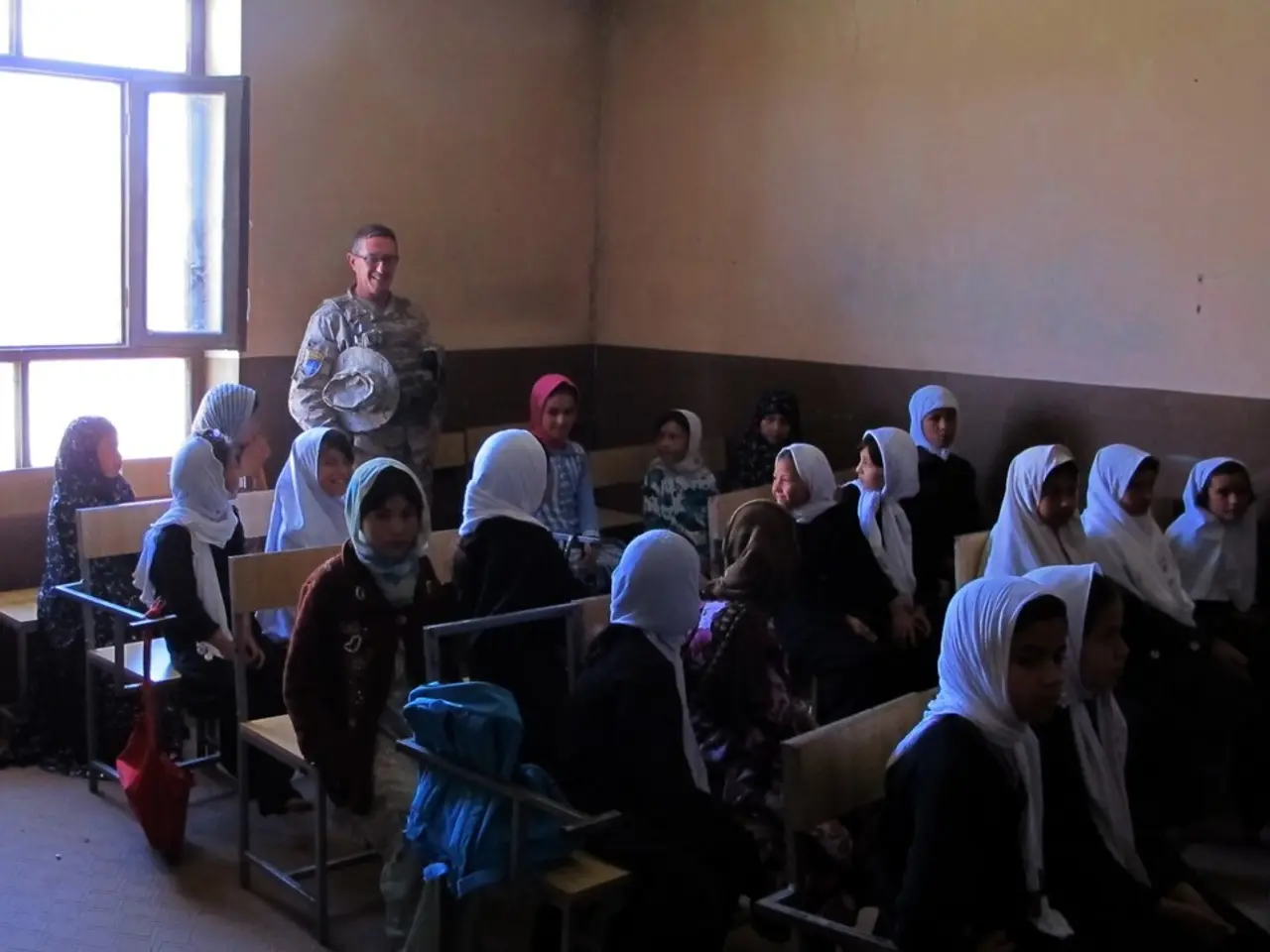Court in Mumbai enables tribal student from Boisar to attend final B.Sc IT exam, following intervention during public hearing
In a significant ruling that has resonated in tribal and rural circles, the Bombay High Court has allowed Priyanka Sunil Gimbal, a final-year B.Sc. IT student from Boisar, to appear for her final semester examination. The decision comes after the student was initially denied permission by her college due to a procedural issue.
Priyanka, a student from a marginalized background, had been admitted to P.L. Shroff College under Tarapur Education Society without the requirement of Mathematics in her academic background. However, the problem with her eligibility for the final semester examination surfaced only in her final year, placing her academic future in jeopardy.
The matter came to light at the Lok Darbar (public grievance forum) of Maharashtra Transport Minister Pratap Sarnaik. Moved by the injustice reported, Minister Sarnaik instructed Shiv Sena leader and former Palghar Municipal Council corporator Adv. Dharmendra Pranlal Bhatt to escalate the issue legally.
Bombay High Court Advocate Rohit Karadkar, who filed a petition on Priyanka's behalf free of cost, highlighted the college's inconsistency in admitting her without Mathematics but denying her the right to sit for the final exam due to the same reason. The college had admitted Priyanka to the B.Sc. IT programme without requiring Mathematics in her academic background, but the issue with her eligibility to sit for the final semester examination was that she had not opted for Mathematics in her 11th and 12th grades.
The Bombay High Court bench comprising Justices Karnik and Borkar issued an interim order directing Priyanka's college to allow her to appear for her final exam. The swift intervention to resolve this issue began at the Lok Darbar and was followed by the ensuing legal action.
This ruling is a significant step towards ensuring equal access to education for all students, regardless of their background. Many hail the role of public grievance platforms like the Lok Darbar in ensuring access to justice for marginalized communities. The swift intervention of various legal figures and authorities in Priyanka's case highlights the potential for public grievance platforms to bring about positive change in marginalized communities.
Priyanka's case is significant as it is a victory for students from marginalized backgrounds who dream of a better future through education. According to Palghar-based advocate Paras Sahane, this resolution serves as a powerful example of the impact that advocacy and legal intervention can have on the lives of marginalized students seeking access to education. The resolution of this issue allowed Priyanka to appear for her final B.Sc. IT semester examination, safeguarding her right to continue and complete her education.
The Bombay High Court's decision allows Priyanka, a marginalized student from India, to pursue her education-and-self-development by allowing her to appear for her final B.Sc. IT examination, highlighting the importance of equal access to education in India's economy. This resolution, influenced by public advocacy and legal intervention, demonstrates the potential role of education in empowering disadvantaged individuals to contribute to the nation's learning and economic growth.




